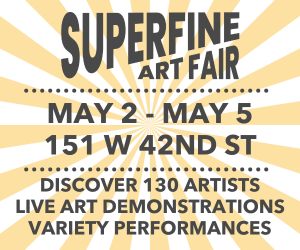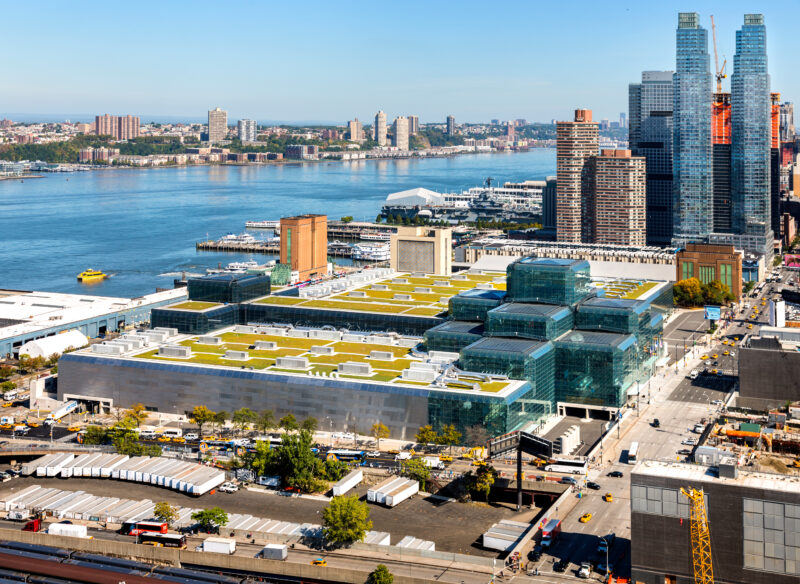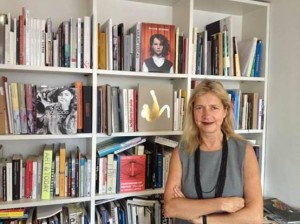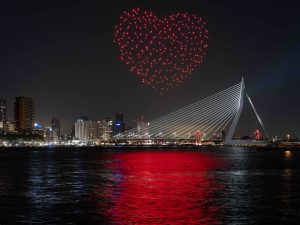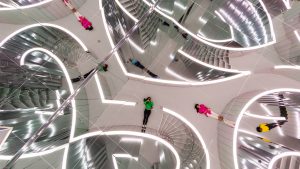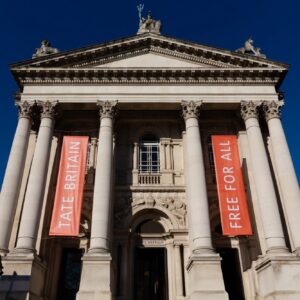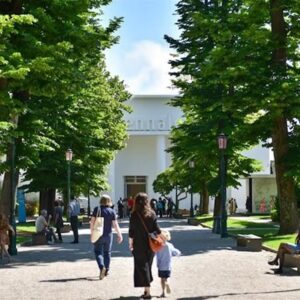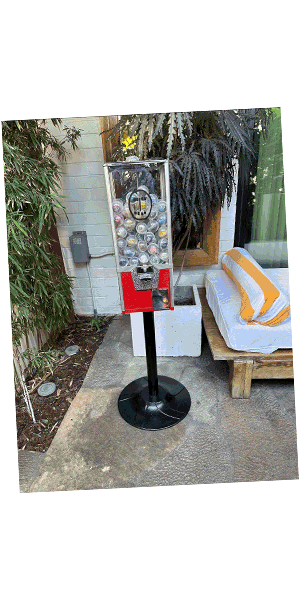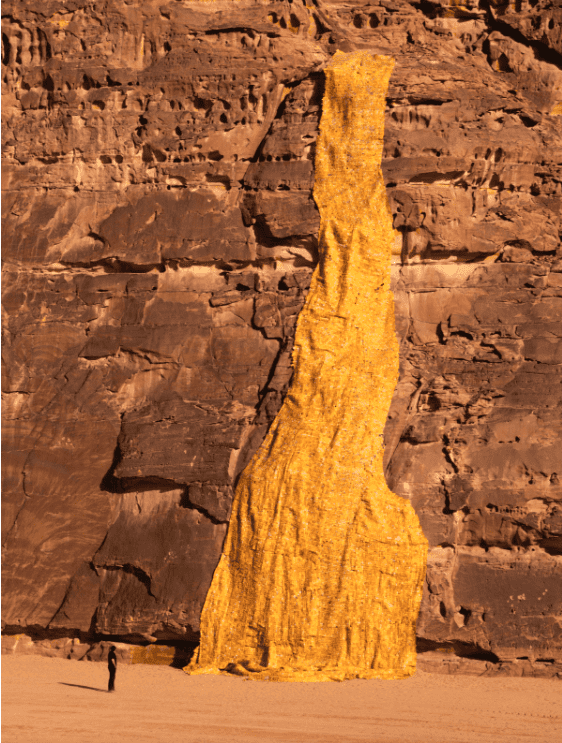
As reported in Artnet and the Art Newspaper –
A “Valley of the Arts”—Wadi AlFann in Arabic—is being created as part of a $15 billion AlUla masterplan to create a major cultural hub in Saudi Arabia.
5 permanent artworks are planned for Wadi AlFann, which will be unveiled in 2024—artists James Turrell, Agnes Denes, Michael Heizer, as well as Saudi artists Manal AlDowayan and Ahmed Mater have commissioned. The pre-opening program launches late 2022 with temporary exhibitions, artist residencies, and public symposia that will bring artists together with architects, environmentalists, archaeologists, as well as local communities.
According to Nora AlDabal, executive director of arts and creative industries at the royal commission for AlUla, the aim is to commission between 20 and 25 permanent artworks over a period of 10 years.
“We are in a different geological phase of the planet here in AlUla. The biggest sculpture in AlUla’s desert is of course the wind… What we will see over the years is the evolution of monumental works which will be permanent, site-specific artworks inscribed by the desert itself.”
This is not a sculpture park. Each work has to withstand powerful forces of wind, sand, people, and animals for posterity, works will be immersive, phenomenological, and evoke a kind of secular spirituality that contributes to the stories of the communities in the region.
Iwona Blazwick
Blazwick defended her new role in light of Saudi Arabia’s human rights record including the murder and dismemberment of Jamal Ahmad Khashoggi thus
“I’d rather be involved where I can help contribute to freedom of expression, to art being nurtured, because I believe art changes society. That’s fundamental to who I am. And it’s fundamental to my support for women throughout my career,”
Iwona Blazwick
Amnesty International:
Here are ten ways Saudi Arabia is violating its citizens’ human rights:
1. Torture is used as a punishment
Courts in Saudi Arabia continue to sentence people to be punished by torture for many offences, often following unfair trials. Corporal punishment like flogging, for example, is a cruel, inhuman and degrading punishment that has no place in the justice system.
Besides Raif, in the past two years the human rights defenders Mikhlif bin Daham al-Shammari and Omar al-Sa’id were sentenced to 200 and 300 lashes respectively, and Filipino domestic worker Ruth Cosrojas was sentenced to 300.
There are other forms of torture issued as punishment: Saudi authorities have carried out amputations, including ‘cross amputations’ (where the opposite hand and foot are removed) on people found guilty of robbery.
2. Executions are on the increase
Saudi Arabia is among the world’s top executioners, with dozens of people being executed by the state every year, many of them in public beheadings.
So far this year Saudi Arabia has executed 40 people – almost four times as many as the same period last year.
3. No free speech
Besides Raif Badawi, dozens more outspoken activists remain behind bars, simply for exercising their rights to freedom of expression, association and assembly.
In the last two years, all of Saudi Arabia’s prominent and independent human rights defenders have been imprisoned, threatened into silence, or fled the country. The authorities have targeted the small but vocal community of human rights defenders, including by using anti-terrorism laws to suppress their peaceful actions to expose and address human rights violations.
4. No protests
Going to a public gathering, including a demonstration, is a criminal act, under an order issued by the Interior Ministry in 2011. Those who defy the ban face arrest, prosecution and imprisonment on charges such as ‘inciting people against the authorities’.
5. Women are widely discriminated against
Women and girls remain subject to discrimination in law and practice, with laws that ensure they are subordinate citizens to men – particularly in relation to family matters such as marriage, divorce, child custody and inheritance.
Women who supported a campaign against a ban on women drivers face the threat of arrest and other harassment and intimidation.
6. Torture in police custody is common
Former detainees, trial defendants and others have told us that the security forces frequently use torture in detention, and that those responsible are never brought to justice.
7. You can be detained and arrested with no good reason
Scores of people have been arrested and detained in pre-trial detention for six months or more, which breaches the Kingdom’s own criminal codes. Detainees are frequently held incommunicado during their interrogation and denied access to their lawyers. Some human rights activists have been detained without charge or trial for more than two years.
8. Religious discrimination is rife
Members of the Kingdom’s Shi’a minority, most of whom live in the oil-rich Eastern Province, continue to face entrenched discrimination that limits their access to government services and employment. Shi’a activists have received death sentences or long prison terms for their alleged participation in protests in 2011 and 2012.
9. Migrant workers have been deported en masse
According to the Interior Ministry, a crackdown on irregular foreign migrant workers in November 2013 led to the deportation of more than 370,000 people. Some 18,000 were still being detained last March. Thousands of people were summarily returned to Somalia, Yemen or other states where they could face human rights abuses on return.
10. Human rights organisations banned
The Saudi Arabian authorities continue to deny access to independent human rights organisations like Amnesty International, and they have been known to take punitive action, including through the courts, against activists and family members of victims who contact us.
